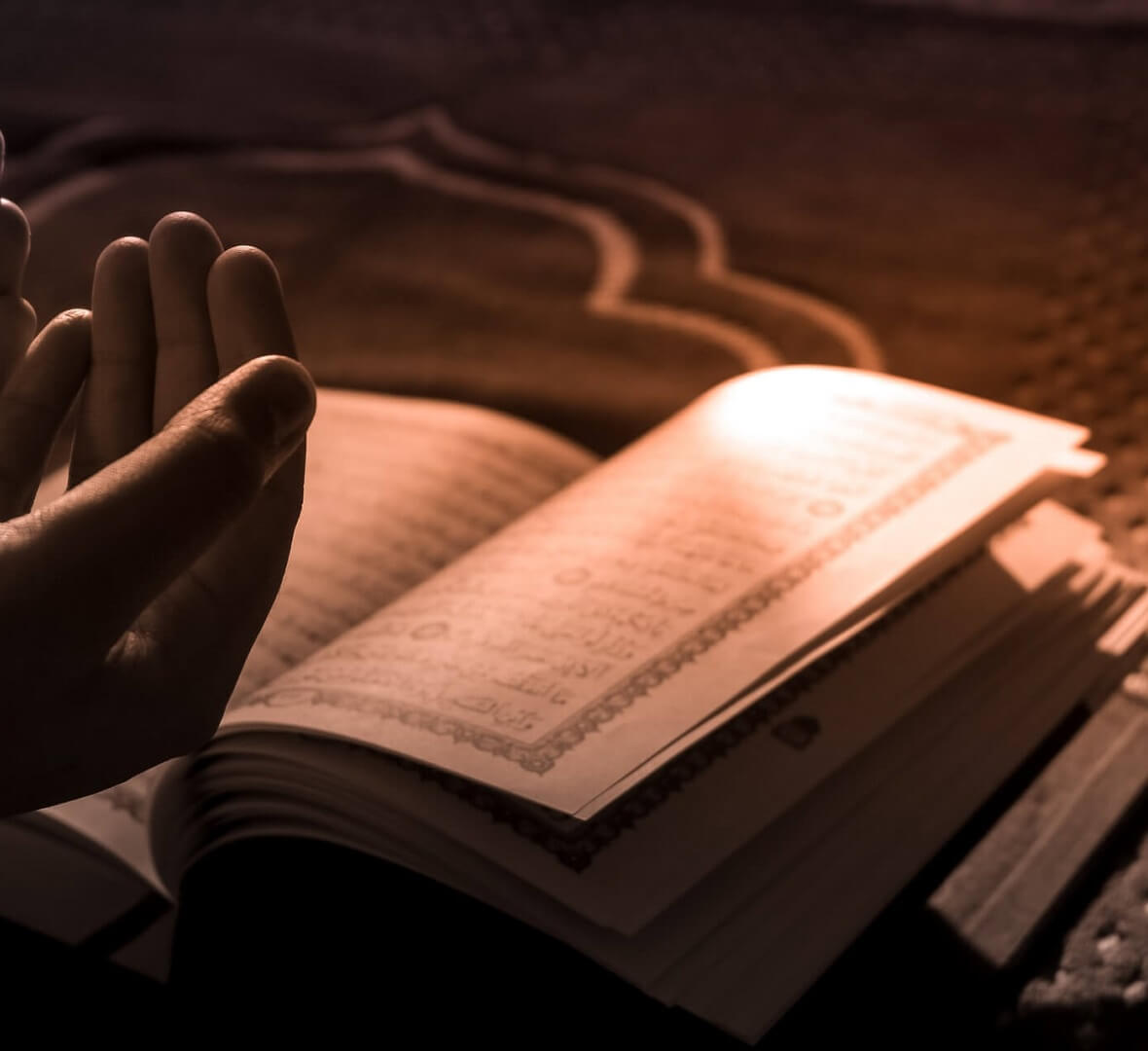Dua e Qunoot is a powerful supplication that is recited during the nighttime prayers of the Islamic faith. This supplication is a form of devotion and submission to Allah and is believed to have many spiritual benefits for those who recite it regularly.
What is Dua e Qunoot?
Dua-e-Qunoot is a supplication that is recited during the last third of the nighttime prayers in the Islamic faith. The word “Qunoot” literally means “supplication” or “invocation”, and is derived from the Arabic word “Qanata”, which means “to stand”. In the context of Dua e Qunoot, the act of standing refers to the physical posture of the supplicant during the prayer, as they stand before Allah in a state of humility and submission.
The content of Dua e Qunoot varies depending on the specific traditions and schools of thought within Islam. However, the core themes and meanings of the supplication are consistent across different interpretations. In general, Dua-e-Qunoot is a prayer that seeks the guidance, protection, and mercy of Allah, and is often recited during times of hardship, adversity, and distress.
Related: See the translation & transliteration of Dua e Qunoot
The Importance of Dua e Qunoot in Islam
Dua e Qunoot is an important part of the Islamic tradition and is considered to be a powerful form of supplication and devotion to Allah. The act of reciting Dua e Qunoot is seen as a way for Muslims to connect with their Creator, and to seek His guidance and protection in their daily lives.
One of the key reasons for the importance of Dua e Qunoot is its association with the Prophet Muhammad (peace be upon him). According to the hadith, the Prophet Muhammad (peace be upon him) himself used to recite Dua e Qunoot during his nighttime prayers and encouraged his companions to do the same. This has given the supplication a special significance in the Islamic tradition and has made it a widely-practiced form of devotion among Muslims.
It was narrated by Ubayy bin Ka’b:
The Messenger of Allah (ﷺ) used to pray witr with three rak’ahs. In the first he would recite: “Glorify the Name of Your Lord, the Most High” in the second: “Say: O you disbelievers!”, and in the third: “Say: He is Allah, (the) One”. And he would say the Qunut before bowing, and when he finished he would say: Subhanal-Malikil-Quddus (Glory be to the Sovereign, the Most Holy) three times, elongating the words the last time. – Sunan an-Nasa’i 1699
In addition to its association with the Prophet Muhammad (peace be upon him), Dua e Qunoot is also important because of its spiritual benefits. Many Muslims believe that reciting Dua e Qunoot regularly can help to purify the heart, cleanse the soul, and bring one closer to Allah. It is also believed that supplication can provide spiritual protection, and can help to ward off evil and negative influences.
Meaning and Significance of Dua-e-Qunoot
As mentioned earlier, the content of Dua e Qunoot can vary depending on the specific traditions and schools of thought within Islam. However, the core themes and meanings of the supplication are consistent across different interpretations.
In general, Dua e Qunoot is a prayer that seeks the guidance, protection, and mercy of Allah. It is a supplication that expresses the humility and submission of the supplicant and acknowledges the greatness and power of Allah.
One common interpretation of Dua e Qunoot is that it is a prayer for guidance and protection in times of adversity and distress. This is reflected in the language of the supplication, which often includes phrases such as “O Allah, guide me”, “O Allah, protect me”, and “O Allah, have mercy on me”.



